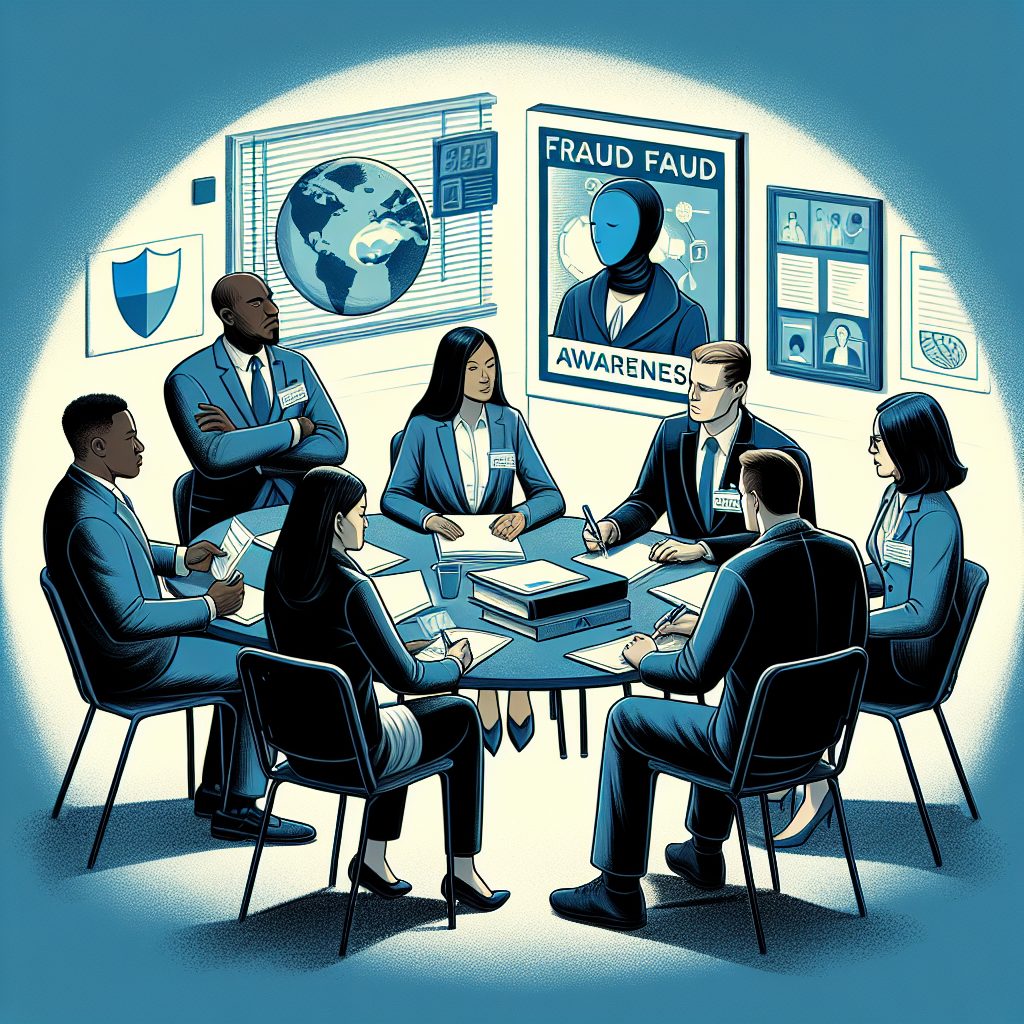
The Importance of Compliance in Training Providers: A Call to Action

Are You Taking Compliance Seriously Enough?
Listen up, training providers—it’s time to stop thinking of compliance as just another box to tick. A recent case has made it crystal clear that keeping the Department for Education (DfE) in the loop about any changes to your Directors and Senior Managers is not just important; it’s essential. Ignoring this could lead to significant implications, including potential breaches of contract.
Why Compliance Matters
Now, you might be wondering why I’m so insistent on this. The truth is, compliance isn’t just a bureaucratic hurdle. It’s a matter of integrity and trust. In our sector, where partnerships and collaborations are crucial, maintaining open lines of communication with the DfE showcases your commitment to stability and ethical governance.
If your organisation is caught off guard by changes in leadership without notifying the DfE, you may find yourself facing harsh penalties. No one wants that. It can impact your funding and even your reputation. So, let’s dive into some practical steps to ensure you’re compliant and protected.
The Essential Steps for Training Providers
First things first—let’s talk actions. Here are three key points to keep in mind:
- Notify the DfE promptly of any changes. When someone new steps into a leadership role, or if someone steps down, it’s imperative to notify the DfE without delay. Quick action can save you a world of trouble.
- Ensure your team understands this requirement. It’s not just about one person knowing the ins and outs of compliance; everyone on your team must be aware and educated. Make it a part of your regular training sessions.
- Regularly review your governance structure. It’s easy to become complacent, especially when things seem to be running smoothly. Schedule regular reviews of your governance to keep everything shipshape.
Building a Culture of Compliance
Now, I really believe that fostering a culture of compliance is just as important as the steps above. This is not only about fulfilling legal requirements; it’s about establishing trust with your stakeholders. Transparency is key, and when everyone understands their responsibilities, you’re more likely to avoid mishaps.
At City Skills, we genuinely value transparency. Our ethos is built on the understanding that building strong, trustful relationships is good for business and repays dividends in harmony and cooperation. Every team member should feel empowered to speak up about compliance and its importance.
What Happens If You Don’t Comply?
Now let’s get a bit candid. In my experience, the organisations that overlook compliance often face the music down the line. A sudden loss of funding, penalties, or, worse, reputational damage can set you back years in terms of progress and development. It’s a harsh reality that can impact everyone’s job. Nobody wins in that scenario.
So, are you ready to safeguard your organisation against compliance pitfalls? Look at it this way—taking compliance seriously not only protects your organisation but also enhances your standing in the eyes of clients, partners, and the DfE.
Final Thoughts
As I sit here sipping my coffee, I can’t help but reflect on how personal responsibility plays a role in compliance as well. Every single person in your organisation, no matter how junior, plays a part in creating a compliant environment. Their awareness and understanding can be the difference between success and failure.
So let me ask you—how confident are you that your organisation is fully compliant? Think of this as a call to action: take a moment to evaluate your current processes and instil a culture of compliance within your team. It’s not just a priority; it’s a responsibility. Let’s ensure we’re all doing our part in creating a better future for the education sector.
#CitySkills #TrainingProviders #EducationCompliance





